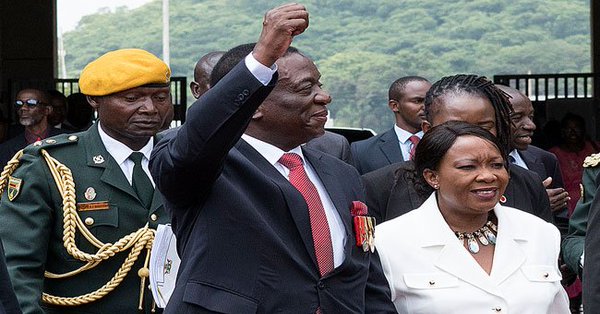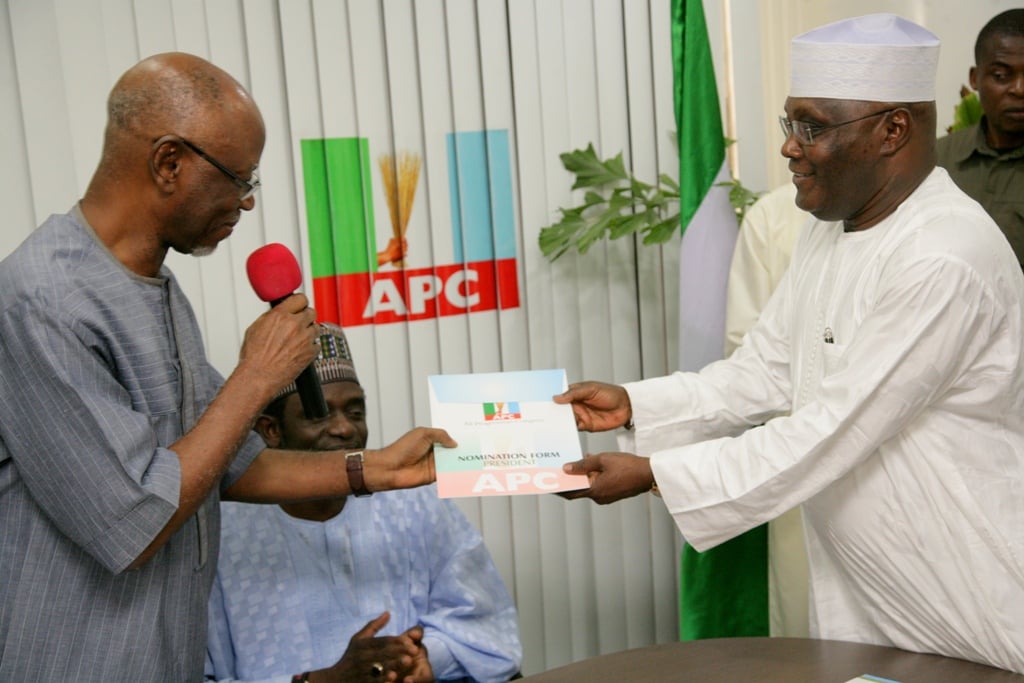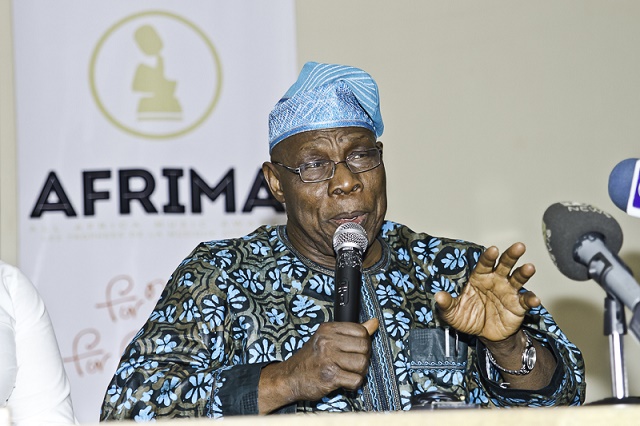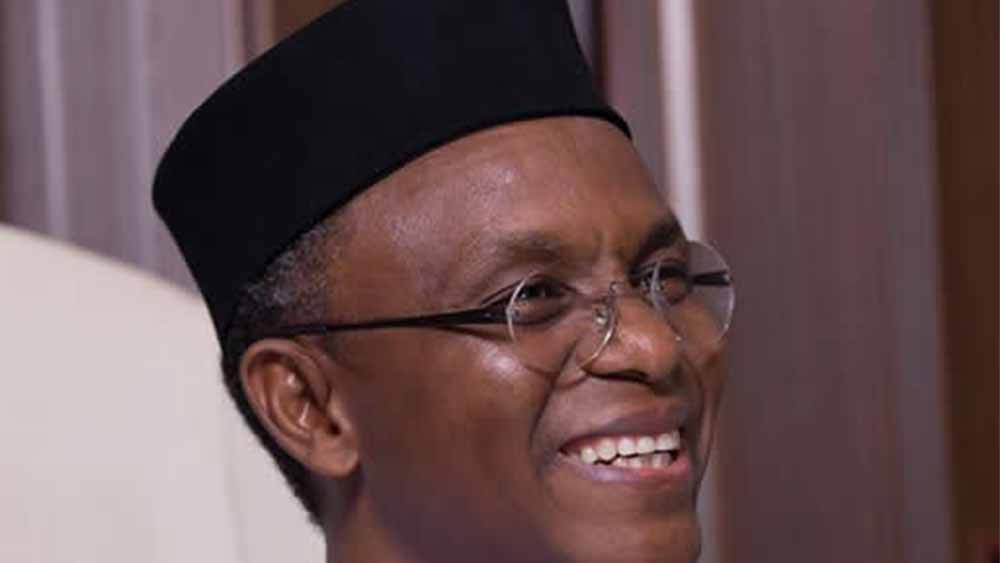Destiny, they say, can only be delayed but never changed. After what seemed like a plot to outwit Emmerson Dambudzo Mnangagwa, former vice-president of Zimbabwe, he was sworn in as the country’s president on Friday.
He is the second man to lead the country since independence in 1980.
Mnangagwa was born on September 15, 1942 in Zvishavane, a mining town in the midlands of then Southern Rhodesia.
The 75-year-old is married to Auxilia Mnangagwa and they are blessed with six children.
Advertisement
NICKNAMED CROCODILE FOR HIS PRO-INDEPENDENCE ACTIVITIES
Mnangagwa’s desire to resist imperialism can be said to run in his family’s blood. His father was a politically active farmer.
“He was born into politics,” said Victor Matemadanda, secretary general of the Zimbabwe National Liberation War Association, who served under Mnangagwa in the military.
Advertisement
In 1955, his family had to flee to Northern Rhodesia, present-day Zambia, for safety due to his father’s resistance against white settlers.

In 1962, he was recruited into Zimbabwe African People’s Union (ZAPU) by Willie Musarurwa, a journalist, two years after he was expelled from Hodgson Technical College for political activism.
He was nicknamed “Ngwena” meaning “The Crocodile” after a group of African nationalist rebels he co-founded at the birth of the fight against white majority rule.
“You know the trait of a crocodile, don’t you? It never hunts outside water. It always goes into the water to catch its prey,” Mnangagwa has said in a 2015 interview with The Herald.
Advertisement
“It never goes in the villages or the bush looking for food. It strikes at the appropriate time. So, a good guerrilla leader strikes at the appropriate time. That’s the importance of the nicknames we give each other.”
RUMOURED TO BE BEHIND A 1983 MASSACRE
He is alleged, as the then minister of national security and spymaster, to have orchestrated the murder of about 20,000 Ndebele people in Zimbabwe’s southern provinces, during the civil war- Gukurahundi — “the early rain that washes away the chaff before the spring rain” which broke out in 1983 between Mugabe’s ZANU party and the supporters of ZAPU party of Joshua Nkomo, Mugabe’s rival.
He, however, denied any involvement in the bloodbath, while robbing the blames on the army.
Advertisement
The tragic incident later became known as the Matabeleland massacres.
IMPRISONED FOR 10 YEARS
Advertisement
Reported to have confessed under torture to be part of the plot to blow up a train near Fort Victoria, Masvingo, Mnangagwa was sentenced to 10 years imprisonment.
His accomplices were executed, but a priest appealed to the British to spare him on account of his age. He was instead given a 10-year sentence in prison, where he devoted himself to study.
Advertisement
“Of course we had what we called the Crocodile Group in 1964. So we were split into two groups to cause sabotage, to set up roadblocks, to kill whites, destroy property, and so on. So we called our group the Crocodile Group. This is how my nickname Ngwena came about,” he said.

Advertisement
“Finally we were captured. At the time all my colleagues were above 21 years old. I was below 21. The age of majority then was 21, not 18 as it is today. That is how I escaped the death penalty.”
He served the first year at Salisbury prison and then went to Grey street prison, and later Khami prison.
After his release, he trained as a lawyer at the University of Zambia. In 1975, he did his post-graduate LLB degree and another post programme in advocacy. After successfully completing his law studies, he was admitted to the Bar of the High Court of Zambia in 1976.
While in jail, Mnangagwa met Mugabe, whom he linked up with after his release.
TRAINED IN EGYPT AND CHINA
In April 1963, Mnangagwa, along with 12 other ZAPU members, was sent to Dar es Salaam and on to Heliopolis for military training at the Egyptian Military Academy, Egypt.
Four months later, he and ten of the thirteen cadre members decided to join the newly formed ZANU. This led to their detention by Egyptian authorities who recognised ZAPU.
During this detention, the ZANU members communicated with Mugabe who was in Tanganyika then and told him that 11 students had broken away from ZAPU, stopped training and were under detention.
Mugabe diverted Trynos Makombe, who was travelling from China, to come to Egypt to secure their release. Makombe provided them with tickets to fly to Dar es Salaam.

On arrival in Tanganyika, six of the 11 came back to Rhodesia while Mnangagwa and the remaining five joined the first Frelimo Camp at Bagamoyo.
Mnangagwa was sent to China with other Zimbabwe African National Liberation Army(ZANLA) members, where they spent the first two months at the School of Marxism, Peking University in Beijing.
POLITICAL JOURNEY
“Everyone who gets into politics knows that the moment you join, you don’t join to be the last name, you join with the hope that you’ll come out first,” he had said.
“A crocodile patiently waits for his target, pretending to be a rock.
“At times you think he doesn’t react, or doesn’t have any solution to what is happening.
“He doesn’t show irritation until the optimal moment and then he strikes. And when he does, he doesn’t miss his target.”
This tells that Mnangagwa has been waiting patiently for when his name will ascend and mount the zenith of the country’s ladder of leadership.
At various points of his career, he was minister of justice and defence, minister for rural housing and speaker of Parliament, among other positions.

He served as minister of state security (1980–1988), minister of justice and legal affairs (1989–2000), acting minister of minance (1995–1996), speaker of the house of assembly (2000–2005), minister of rural housing and social amenities (2005–2009), minister of defence (2009–2013), minister of justice and legal affairs (2013–present)
Vice President (2014–2017).
RELATIONSHIP GONE SOUR WITH MUGABE
Things have been “running smoothly” for president and vice until the recent stunt pulled by Mugabe to outwit Mnangagwa by having Grace, his wife, succeed him as president.
Mnangagwa has been Mugabe’s right-hand man, and has worked with him for about five decades.
Mugabe probably wouldn’t have come this far without the support of his deputy, who started with him as his personal assistant and bodyguard in the 1980s.
Mugabe had rewarded Mnangagwa’s loyalty by elevating him to different posts.
In November 10, 2014, Mugabe appointed Mnangagwa as his deputy, making him the most likely successor to Africa’s oldest head of state.
But Mnangagwa was removed from his post on November 6 by Mugabe for allegedly showing traits of disloyalty, disrespect, deceitfulness and unreliability.
His removal caused the military to seize power, while Mugabe, asked to voluntarily resign, was placed under house arrest.
Mugabe had initially been stubborn about his resignation but he threw in the towel on Tuesday, paving way for Mnangagwa to succeed him.
‘ANOTHER MUGABE?’
While the people of Zimbabwe have taken to the streets to celebrate the resignation of their authoritarian ruler, they might just be ushering in a clone of the former.
Mnangagwa has been alleged to be the iron behind Mugabe’s strong fist.
He had made a statement that portrayed him to have the tendency of a dictator.
“…there are also colleagues in the leadership that I am hundred percent sure will continue to identify the correct line of the revolution and follow it,” he had said.
“And the correct line is “where we ought to go”, because there is a difference between “where we want to go” as a nation and “where we ought to go”.
“A leader must not take the people where they want to go, but where they ought to go, whether the people or the leader want it or not, or whether it is hard or not.”
Zimbabweans and the rest of the world would just have to sit down, cross their fingers and watch how and where Mnangagwa will steer the ship of Southern African country.
Add a comment







